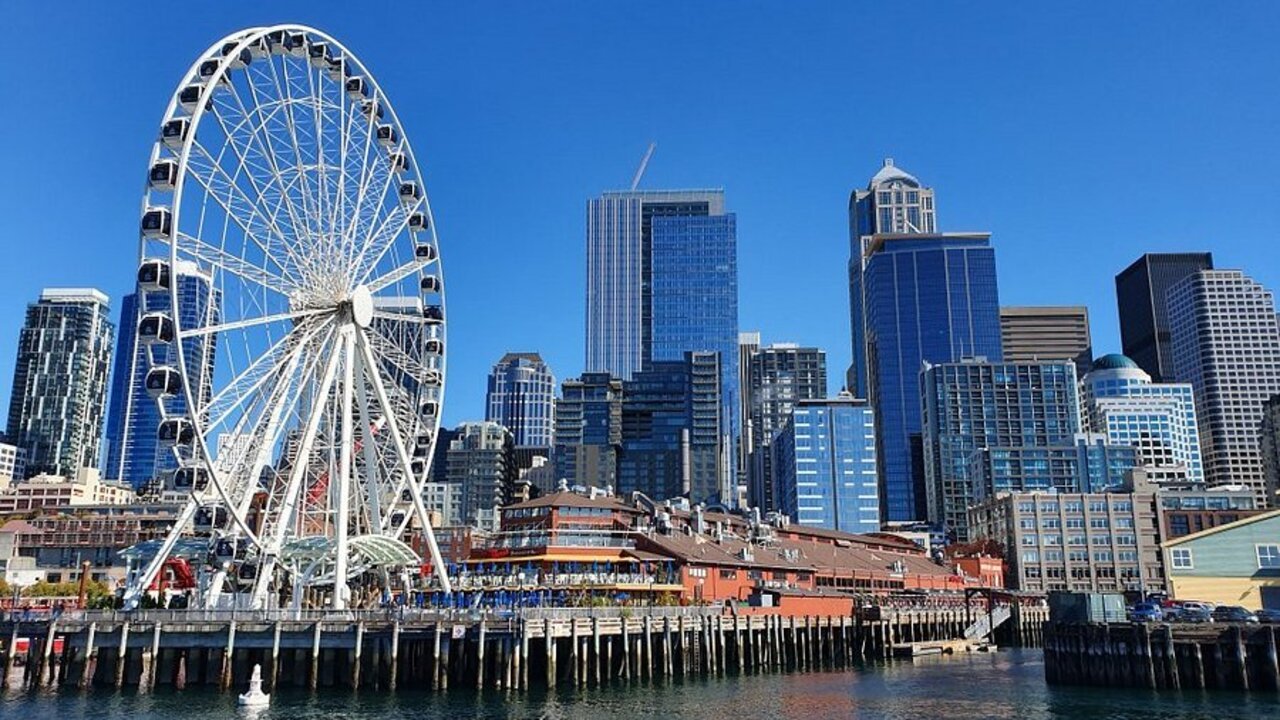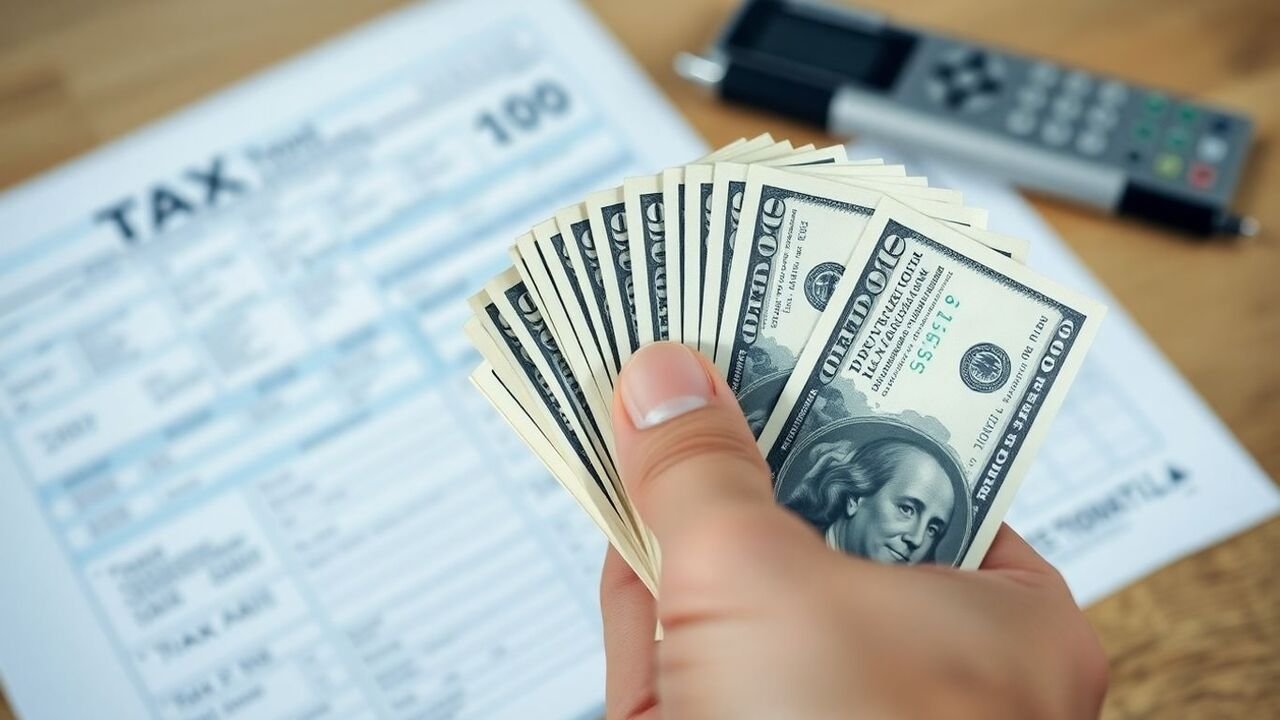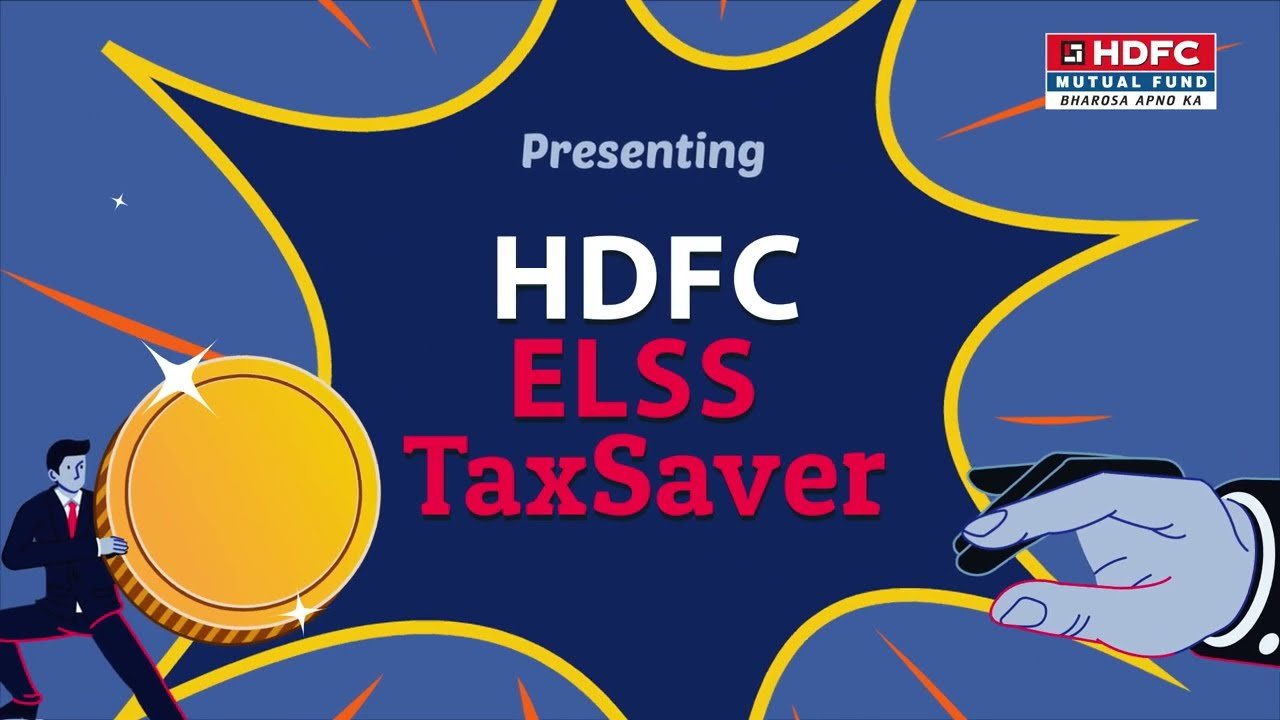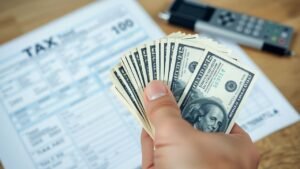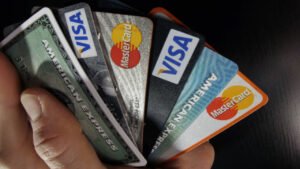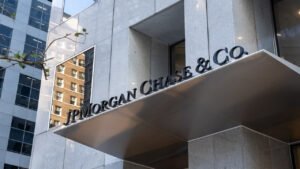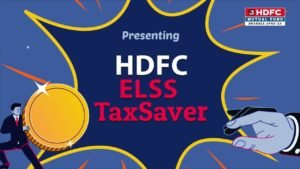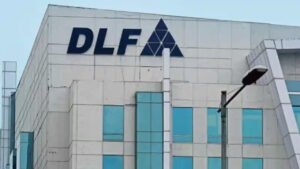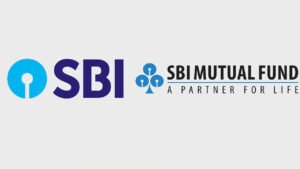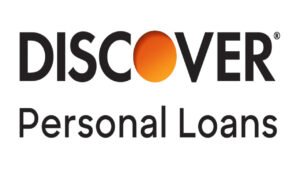Washington State Sales Tax Rates & Guide 2025.
Washington State Sales Tax system is a critical component of its revenue structure, affecting businesses, consumers, and remote sellers alike. As of August 31, 2025, the state’s sales tax framework remains complex due to its combination of a statewide rate and varying local rates, which can push combined rates as high as 10.6% in some areas. This guide provides a comprehensive overview of Washington’s sales tax rates, rules, exemptions, filing requirements, and compliance strategies for 2025. Whether you’re a small business owner, an online retailer, or a consumer, understanding these regulations is essential to avoid penalties and optimize financial decisions. A detailed table summarizing key rates and requirements is included to streamline your navigation of this system.
Thank you for reading this post, don't forget to subscribe!Understanding Washington’s Sales Tax System
Washington State Sales Tax imposes a retail sales tax on the sale of tangible personal property and certain services, administered by the Washington Department of Revenue (DOR). The state operates a destination-based sales tax system, meaning the tax rate is determined by the buyer’s delivery address, not the seller’s location. This contrasts with origin-based states, where the seller’s location dictates the rate. The system comprises:
- State Sales Tax: A uniform 6.5% rate applied across Washington.
- Local Sales Tax: Additional rates imposed by cities, counties, and special districts, ranging from 0% to 4.1%, leading to combined rates of 6.5% to 10.6%.
Use tax, a complement to sales tax, applies when sales tax isn’t collected at purchase (e.g., out-of-state purchases) and is calculated at the same rate as the local sales tax. Washington State Sales Tax system is further complicated by its inclusion in the Streamlined Sales Tax Project (SSTP) since 2008, which simplifies tax collection for remote sellers.
Key Features of Washington’s Sales Tax in 2025
Sales Tax Rates
- Statewide Rate: 6.5%, unchanged since 1983, per the Tax Foundation.
- Local Rates: Vary by jurisdiction, with cities like Lynnwood and Seattle reaching combined rates of 10.6% and 10.35%, respectively.
- Average Combined Rate: 9.47%, ranking Washington fourth-highest nationally for combined state and local sales tax rates.
Taxable Goods and Services
Most tangible personal property is taxable unless specifically exempted. Washington State Sales Tax Taxable services include construction, certain IT services, and digital goods (e.g., SaaS, streaming). Key exemptions include:
- Groceries
- Prescription drugs and medical devices
- Farm equipment
- Newspapers
- Sales to nonresidents (with documentation)
Nexus Requirements
Businesses must collect sales tax if they have a nexus in Washington, defined as:
- Physical Nexus: A store, office, warehouse, or employee in the state.
- Economic Nexus: Exceeding $100,000 in annual sales or 200 transactions to Washington customers, including wholesale sales.
Marketplace facilitators (e.g., Amazon, eBay) must collect and remit sales tax for third-party sellers, reducing the compliance burden for small vendors.
Sales Tax Rates by Major Cities in 2025
Washington State Sales Tax local rates vary significantly, impacting businesses and consumers. Below are combined rates for select cities, based on 2025 data:
- Seattle: 10.35% (6.5% state + 3.85% local)
- Lynnwood: 10.6% (highest in the state)
- Home: 10.5%
- Lakebay: 6.5% (state rate only, no local add-on)
- Spokane: Approximately 9.0% (varies by exact location)
For precise rates, use the DOR’s Tax Rate Lookup Tool, which provides street-level accuracy.
Filing and Payment Requirements
Filing Frequency
Washington State Sales Tax Businesses register for a seller’s permit through the DOR’s My DOR portal and are assigned a filing frequency based on sales volume:
- Monthly: High sales volume (typically over $50,000 annually).
- Quarterly: Moderate sales (common for small businesses).
- Annually: Low sales volume (e.g., seasonal sellers).
Washington State Sales Tax Returns are due by the 25th of the month following the reporting period, or the next business day if it falls on a weekend or holiday.
Penalties for Non-Compliance
Late filings or payments incur:
- 15% penalty if unpaid by the late filing notice due date.
- 25% penalty if unpaid within 30 days of the notice.
- Minimum penalty of $5 for late payments.
Compliance Tips
- Automate Calculations: Use software like Avalara or TaxCloud for real-time rate updates and nexus tracking.
- Maintain Records: Keep exemption certificates for tax-exempt sales (e.g., nonprofits, resellers) to avoid audit issues.
- Use DOR Tools: The My DOR portal simplifies filing, and the Tax Rate Lookup Tool ensures accurate rates.
Exemptions and Special Cases
Common Exemptions
- Groceries: Most unprepared foods are exempt, but prepared foods, soft drinks, and dietary supplements are taxable.
- Prescription Drugs: Exempt with a valid prescription; hearing aids and lenses are also exempt.
- Nonresident Sales: Exempt if buyers provide documentation proving nonresident status.
- Manufacturing Machinery: Certain equipment is exempt to support industry.
Special Taxes
- Lodging: Hotels and short-term rentals may face additional taxes.
- Motor Vehicles: Taxed based on the dealership’s location, not the delivery address, per RCW 82.32.730(7).
- Local Add-Ons: Cities and counties may impose up to 1.0% for general purposes or 0.1% for specific programs like law enforcement.
Use Tax
Consumers owe use tax on out-of-state purchases (e.g., from Oregon, which has no sales tax) at the local rate (e.g., 8.2% in Seattle). Compliance is low among individuals, but vehicles require use tax payment for licensing.
2025 Updates and Considerations
Washington State Sales Tax As of August 31, 2025, key updates include:
- Stable Rates: The state rate remains 6.5%, with no major changes to local rates since 2024.
- Expanded Taxable Services: Effective October 1, 2025, new services like IT development and temporary staffing are taxable under SB 5814.
- Economic Nexus Enforcement: The DOR continues to enforce the $100,000/200-transaction threshold, impacting remote sellers.
- Inflation Impact: Rising costs increase the importance of accurate tax collection to avoid underreporting penalties.
Strategies for Businesses
- Automate Compliance: Use tools like TaxCloud or Kintsugi to track rates and file returns, reducing errors.
- Monitor Nexus: Regularly assess sales to ensure compliance with economic nexus thresholds.
- Itemized Receipts: Display tax rates clearly on invoices for transparency, especially in Seattle’s high-rate environment.
- Audit Preparation: Maintain detailed records of sales, exemptions, and filings to streamline audits.
- Leverage SSTP: As a Streamlined Sales Tax state, Washington State Sales Tax simplifies remote seller compliance, but verify specific rules with the DOR.
Consumer Tips
- Check Local Rates: Use the DOR’s lookup tool to understand your area’s rate before major purchases.
- Claim Exemptions: Provide nonresident documentation or resale certificates when eligible to avoid unnecessary taxes.
- Pay Use Tax: Report out-of-state purchases to avoid penalties, especially for high-value items like vehicles.
- Shop Strategically: Consider purchasing in lower-tax areas (e.g., Lakebay at 6.5%) for significant savings on big-ticket items.
Table: Washington State Sales Tax Rates & Requirements 2025
| Aspect | Details | Key Points | 2025 Considerations |
|---|---|---|---|
| State Rate | 6.5% | Uniform across Washington; unchanged since 1983 | Stable for Q4 2025; monitor for legislative changes |
| Local Rates | 0% to 4.1% | Combined rates up to 10.6% (e.g., Lynnwood) | Use DOR’s Tax Rate Lookup Tool for accuracy |
| Nexus | Physical or economic ($100,000/200 transactions) | Applies to in-state and remote sellers | Marketplace facilitators handle third-party sales |
| Filing Frequency | Monthly, quarterly, or annual | Due by 25th of following month; My DOR portal | Automate with software to avoid penalties |
| Exemptions | Groceries, prescription drugs, nonresident sales | Maintain exemption certificates for audits | New services taxable from Oct. 1, 2025 |
Case Study: Seattle Small Business
Washington State Sales Tax Consider Jane, who runs a Seattle-based online store with $150,000 in annual Washington sales. In 2025:
- Nexus: Her economic nexus triggers tax collection (exceeds $100,000).
- Rate: She charges 10.35% in Seattle (6.5% state + 3.85% local).
- Filing: Jane files quarterly via My DOR, using TaxCloud to automate rate calculations.
- Exemptions: She collects resale certificates for wholesale buyers, avoiding tax on those sales.
- Outcome: Automation saves 10 hours monthly, and accurate filings prevent penalties, boosting her business’s efficiency.
Common Misconceptions
- “All goods are taxable.” Groceries and prescription drugs are exempt, but prepared foods and digital goods are taxable.
- “Remote sellers are exempt.” Economic nexus applies to out-of-state sellers exceeding $100,000/200 transactions.
- “Local rates are uniform.” Rates vary by city and county, requiring precise address-based calculations.
Community Insights
The r/personalfinance subreddit emphasizes automation for Washington sales tax compliance, with users recommending tools like Avalara for small businesses. Posts highlight the importance of tracking nexus and maintaining exemption records to avoid audits.
Conclusion
Washington State Sales Tax system in 2025, with its 6.5% state rate and local add-ons up to 4.1%, demands careful attention from businesses and consumers. By understanding rates, nexus rules, exemptions, and filing requirements, you can ensure compliance and optimize financial decisions. Tools like the DOR’s Tax Rate Lookup and automation software simplify the process, while strategic planning minimizes penalties. Whether you’re a Seattle retailer or a consumer in Lakebay, this guide equips you to navigate Washington’s complex tax landscape. Visit the DOR’s website for the latest updates and leverage community insights on platforms like Reddit to stay informed.
